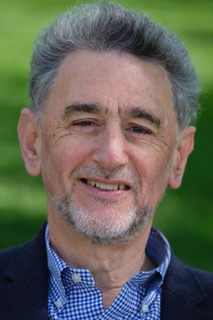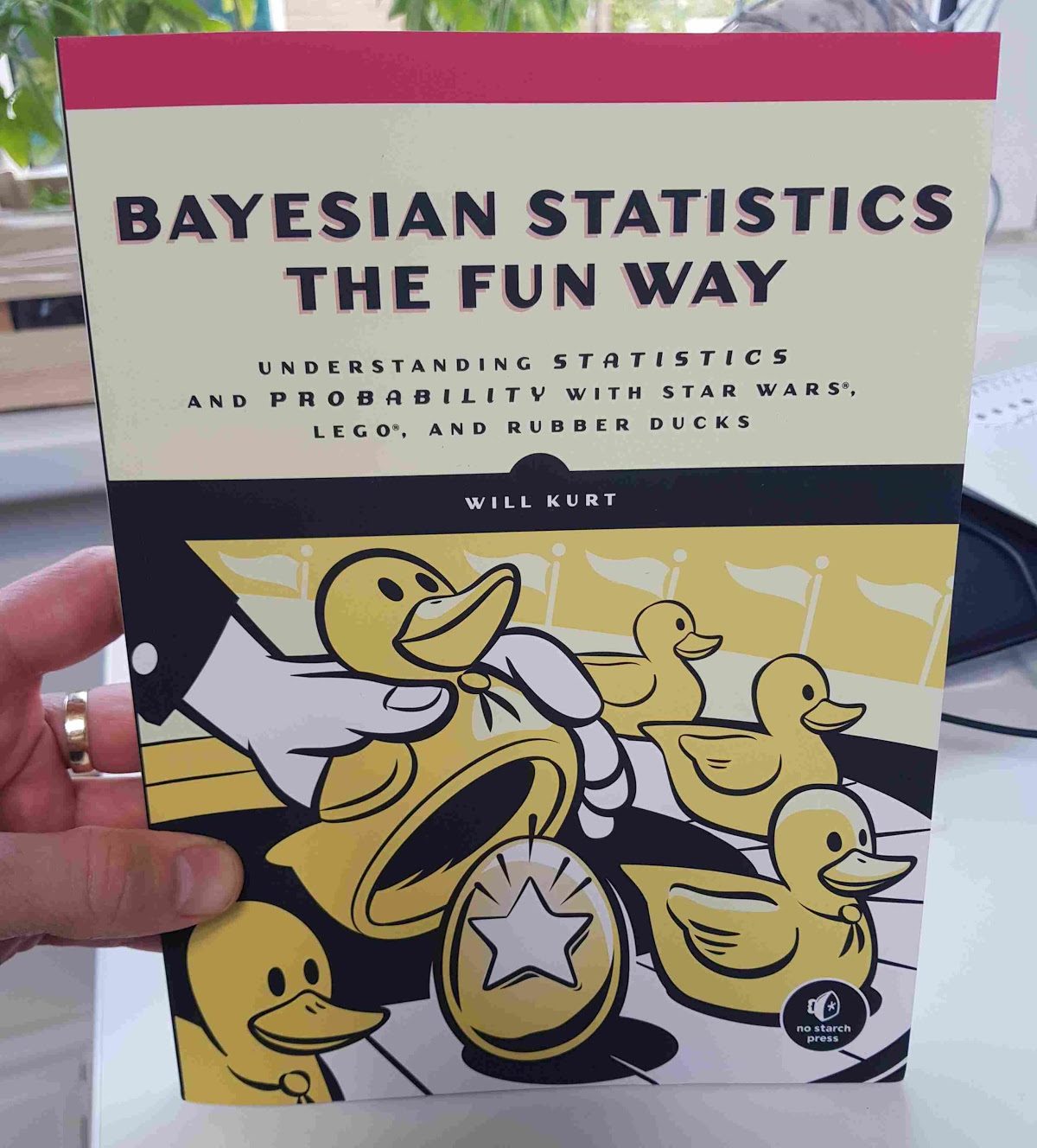Struggling with de Finetti’s Representation Theorem

De Finetti’s Representation Theorem is among the most celebrated results in Bayesian statistics. As I mentioned in an earlier post, I have never really understood its significance. A host of excellent writers have all tried to explain why the result is so important [e.g., Lindley (2006, pp. 107-109), Diaconis & Skyrms (2018, pp. 122-125), and the various works by Zabell],…
read more


